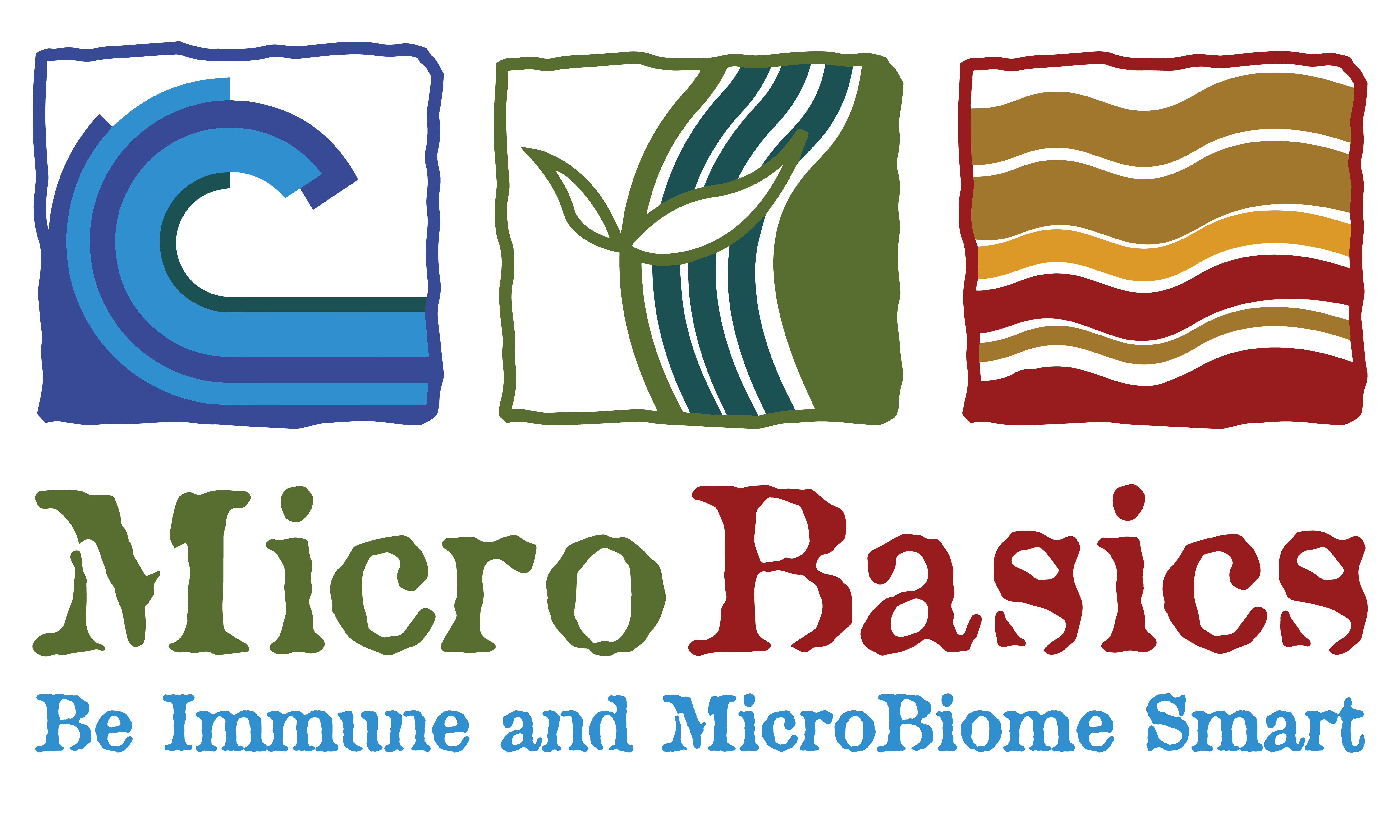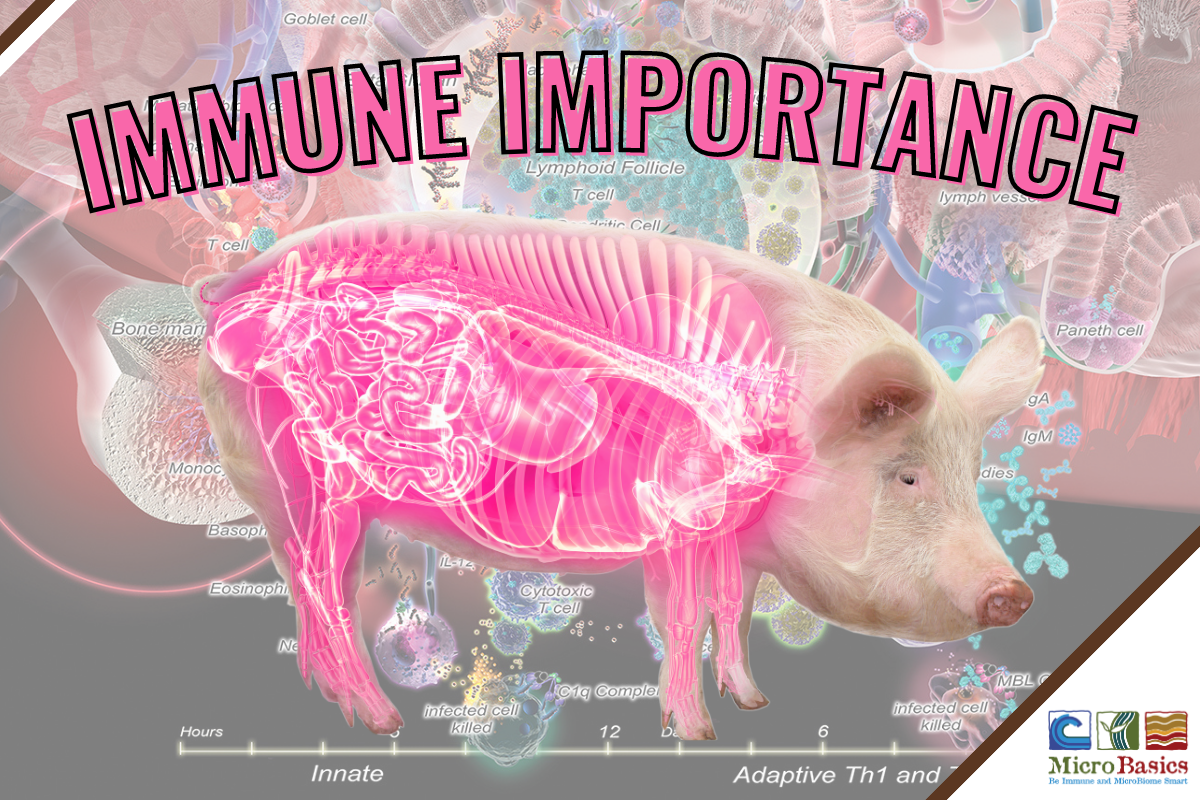The immune system is a remarkable defense mechanism that plays a crucial role in the health and well-being of all animals, including swine. Pigs, face various challenges throughout their life cycle, including infectious diseases, environmental stressors, and changes in management practices. A robust and efficient immune system is essential for swine to withstand these challenges and maintain optimal health and productivity.
Innate vs. Adaptive Immunity
Swine are highly susceptible to a range of infectious diseases, including respiratory diseases, gastrointestinal infections, and reproductive disorders. These diseases can lead to reduced growth rates, poor feed conversion, increased mortality, and significant economic losses for swine producers. Fortunately, swine possess an innate and adaptive immune system that works together to defend against these pathogens.
The innate immune system provides the first line of defense and acts rapidly upon pathogen detection. It includes physical barriers like the skin and mucous membranes, as well as immune cells like neutrophils and macrophages that engulf and destroy invading microorganisms. Additionally, the innate immune system produces antimicrobial peptides and cytokines that help combat infections and regulate the immune response.
The adaptive immune system, on the other hand, is highly specific and develops upon exposure to pathogens. It involves specialized immune cells called T and B lymphocytes that produce antibodies and memory cells. These memory cells “remember” previous encounters with pathogens, allowing for a quicker and more robust response upon re-infection.
Environmental Challenges
Throughout a pig’s life cycle, its immune system combats various challenges. During the neonatal period, piglets rely on the passive transfer of antibodies from the mother’s colostrum for protection. As they wean and transition to solid feed, their own immune system gradually develops. Vaccination programs are implemented to stimulate the production of specific antibodies against common swine pathogens.
In swine production, crowded housing conditions, environmental stressors, and transportation can weaken the immune system, making pigs more susceptible to infections. Therefore, optimizing management practices, including proper ventilation, sanitation, and biosecurity measures, is crucial to support a healthy immune system and prevent disease outbreaks.
Nutrition
Furthermore, nutrition plays a vital role in immune system function. A well-balanced diet, adequate in essential nutrients, vitamins, and minerals, helps maintain a strong immune response. Nutritional interventions, such as the inclusion of prebiotics and probiotics in the diet, can also enhance gut health and support a robust immune system in swine.
In conclusion, the immune system is of paramount importance in swine production. It defends pigs against various infectious diseases and enables them to cope with the challenges they face throughout their life cycle. By understanding the significance of immune function and implementing appropriate management practices, producers can promote swine health, welfare, and productivity while ensuring the sustainability of the swine industry.
Disclaimer: The following material has been generated using artificial intelligence (AI) technology. The content and information provided are based solely on patterns and data available up until September 2021. While efforts have been made to ensure accuracy, there may be errors, omissions, or inaccuracies present in the generated content. This material should not be considered as professional advice or a substitute for human-generated content. Users are encouraged to verify the information independently and consult relevant experts or sources for specific guidance. The responsibility for any actions taken based on the information provided lies solely with the user. The AI model, OpenAI, and its developers bear no responsibility or liability for any consequences or damages that may arise from the use of this material.

